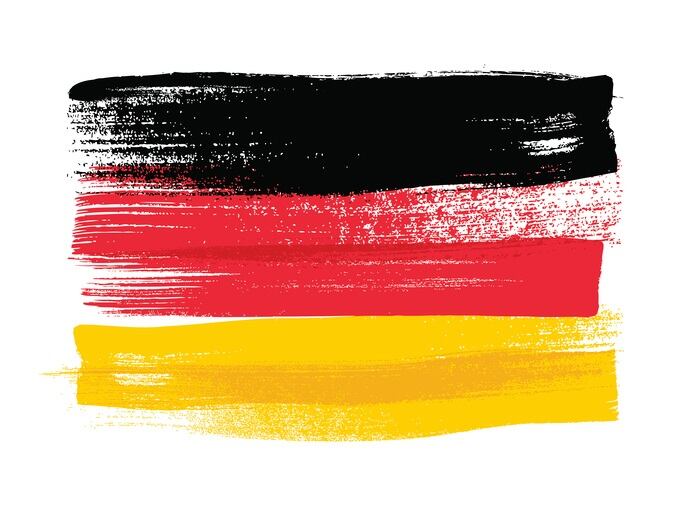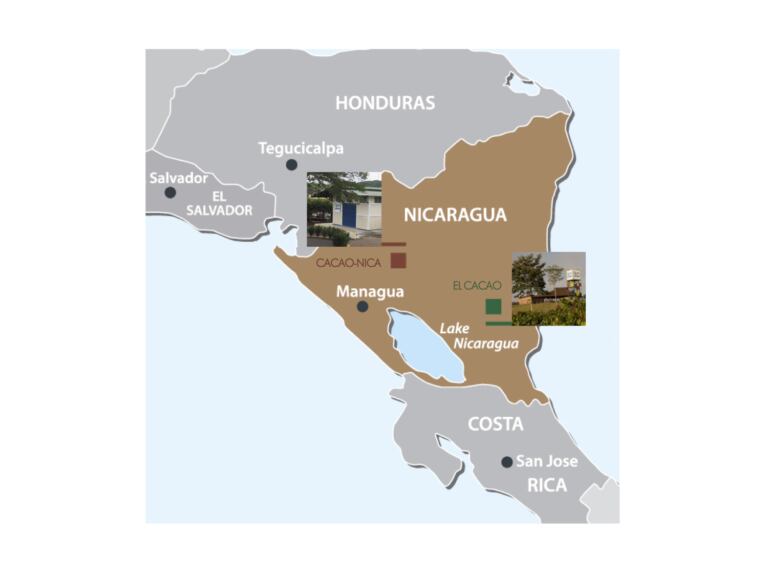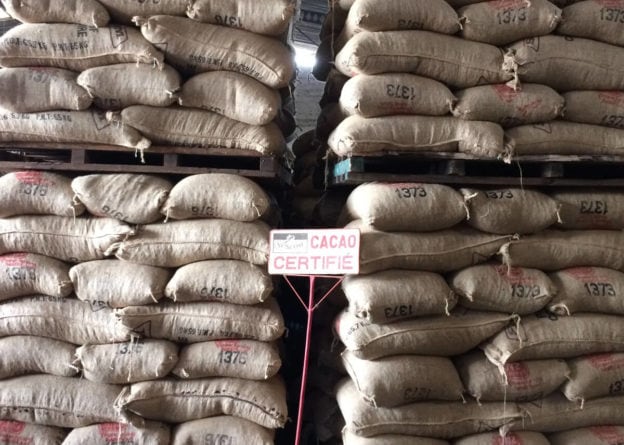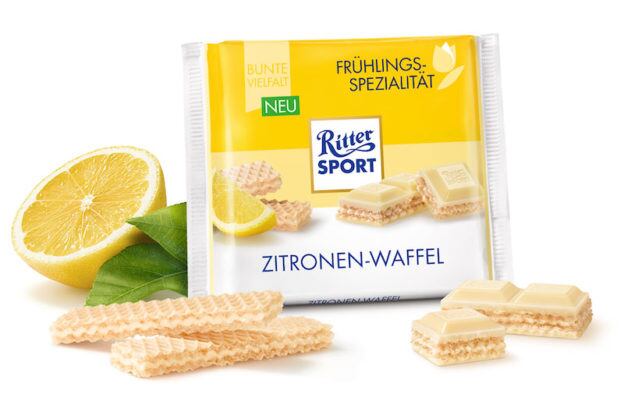The family business – which grew revenues 2.6% to €482m ($594m) in 2017 - initially set out to source 100% certified cocoa by 2025.
The German company fast-tracked its target last year to 2020 – but it has already achieved its goal.
'Sustainable cocoa' in Germany

Around 45% of confectionery in the German market contained ‘sustainable cocoa’ in 2017, according to the German government. Sustainable cocoa is defined as certified by a credible standard such as Rainforest Alliance or Fairtrade, or through sourcing comparable to those standards, which have been verified by an “approved method”.
Fairtrade and Rainforest Alliance/UTZ
Jürgen Herrmann, managing director of marketing at Ritter, told ConfectioneryNews "We are the first bar manufacturer of the big brands to have 100% certified cocoa."
Mars, Hershey and Ferrero have targets to reach 100% certified cocoa by 2020. Mars and Ferrero are at 50% and Hershey at 60%, according to the latest CSR reports from each company.
Ritter’s certified volumes come from Fairtrade and UTZ, now part of Rainforest Alliance.
"That's the starting point,” said Herrmann. “The next thing is to become more transparent and closer [to plantations] so we can have more influence."
Ritter hopes to become closer to its raw material by sourcing more from its own plantation and collection center in Nicaragua and buying traceable cocoa from Cémoi in Côte d’Ivoire.
By 2024/14, 40% of Ritter’s cocoa needs will come from Nicaragua.
Buying center in Nicaragua
Ritter’s own Nicaraguan plantation, El Cacao, started in 2012, had its first harvest in late 2017. The plantation will cover 30% of the company’s annual cocoa needs by 2024/25.
The company plans to source a further 10% of its volumes from ‘Cacao-Nica’, a Ritter-managed buying and drying station in Nicaragua by the same date.

"Now we source about 1,000 metric tons (MT) from there,” said Herrmann.
Ritter uses its Nicaraguan beans across its range. The company does not have a bar marketed as single origin, but some bars use solely Nicaraguan cocoa.
El Cacao

In 2012, Ritter purchased 2,500 hectares of land in Nicaragua to create its El Cacao plantation. The plantation today has 900 hectares of cocoa, but the cocoa surface area will eventually rise to 1,200 hectares. Cocoa is grown in an agroforestry system – rather than as a monocrop - with shade trees such as banana. "It's a mix which is more sustainable and also more fertile for the soil,” said Herrmann. Around half of the space at the site will be for cocoa and the other half will remain wild to preserve wildlife and plants. University of Nicaragua is verifying the plantation’s environmental impact.
Traceability the next step
Around 60% of Ritter’s volumes will come from outside Nicaragua by 2024/25, mainly in Africa.
The company is collaborating with partners Cémoi and Fuchs & Hoffman to enhance sustainability of its Africa volumes.
Hermann said the partnership with Cémoi will allow Ritter to have 100% traceable cocoa.
"Today we have everything certified, but we don't know exactly know where everything comes from. In the end we want to know where everything comes from...hopefully in a couple of years,” he said.
Ritter Sport plans to communicate its sustainable credentials via social media and advertising, rather than on-pack fair trade logos.
"There's a lot of information and just having a sticker doesn't do the job,” said Herrmann.

Growth markets for Ritter
Ritter Sport lost market share in Germany’s 100 g chocolate market last year, from 22.6% of sales in 2016 to 21.9% in 2017, according to IRI, partly due to competition from discounters.
However, Ritter Sport’s export sales grew 12% last year.
"The growing market for us is definitely the UK,” said Herrmann. Ritter established a UK subsidiary a few years ago.
"We're still small scale, but in Sainsbury's you should see us and it's developing step by step,” said the company’s marketing director.
Herrmann added Ritter saw double-digit revenue growth last year in Russia, which it entered in 2001.
"Russia is currently our biggest country outside of Germany...we now have 5% market share and are among the top five brands,” said Hermann.

Spring/Summer flavors driving growth
Ritter expects its spring and summer flavors – such as Lemon Waffle - will drive growth this year as well as its whole nut flavor range, launched last year, which includes Macadamia and White Almond bars.
"Seasonal, occasions, and new flavors are the key growth drivers,” said Herrmann.
The company recently added ‘thankyou’ and ‘happy birthday’ SKUs to its Choco Cubes range to tap into occasions and launched a raspberry flavor bar for its Summer collection.
